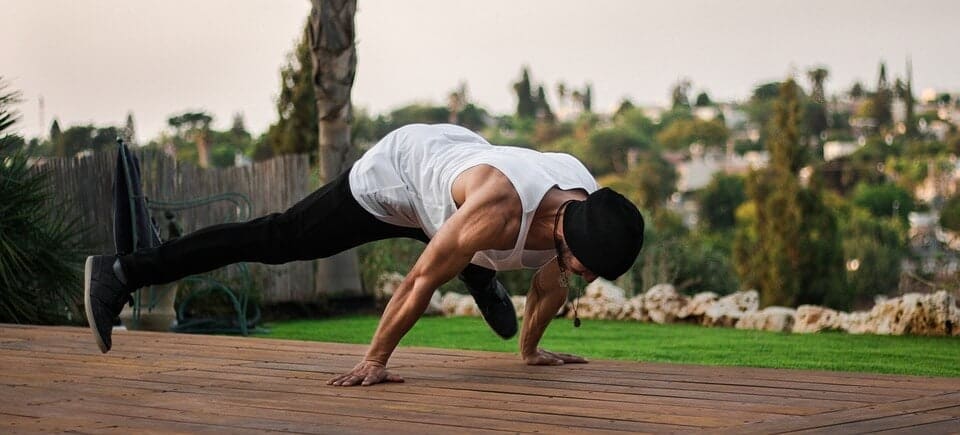Dogs are said to be man’s best friend, and for you to be your dog’s best friend you will have to take care of them to make sure that all of their needs are met, like a kid they will depend on you for everything. Don’t let that scare you though, having a furry best friend is one of the most rewarding things and many people can’t imagine their life without one. If you are unsure How to Care For Your Canine Companion, these are some of the things you will be faced with when you bring your pooch home.
First Principles
The easiest way to make sure that you have everything for your new dog is to procure it before they come home. Take a trip to the pet store and get their appropriately sized food and water bowls, a collar and leash, a dog bed, and a brush for their hair. You should also pick up some toys and some chews as well as treats. Toys will be used for play, chews will be given when the dog is entertaining themselves, and treats are to be given as rewards along with praise—a very important tool when training.
The Right Diet
Diets are different for adult dogs and puppies. Puppies will need to be fed 3 to 4 times per day, while the older ones will be fed 2 times per day. The amount of food given will depend on their breed and size, but clean water should be available at all times. Work out a feeding schedule so that it becomes predictable for your dog, and then you will usually be able to tell when they will need to go out to use the bathroom. While treats are okay to give, ensure that you are not giving too many, as this can lead to an unhealthy and overweight dog.
Exercise and Socialization
One of the most import areas when learning How to Care For Your Canine Companion is regular walking should be a given, as this allows them to exert a moderate amount of energy and become stimulated by their surroundings. It will also let them get used to how they should behave when on a leash. In addition to this, aim to take them somewhere that they can really run around (like a dog park) at least once a week. This is especially important if you live in a small apartment or somewhere without a yard. This also allows them to socialize with other dogs and play with them appropriately.
Grooming
The need to brush the dog will vary widely by the breed, but a regular brushing will reduce overall shedding and will keep the coat luscious. Regular baths will keep the coat and skin clean and reduce the risk of a skin infection. Trimming your pup’s nails can be a hassle, but are vital in keeping their paws healthy. You can usually train them to associate the trim with good things, but if that is not possible you may opt to keep the help of a professional. Dental health is also sometimes overlooked but an integral part of their overall well-being. Additionally, check your dog’s ears at least one time per week. They can get yeast infections in their ears, which will be marked by inflammation and redness of the ear, as well as head shaking and a foul smell.
Chipping
Nowadays, a collar with a tag engraved with contact information isn’t enough if the dog becomes lost. You should also opt to have them implanted with a microchip with your information on it. Not all strangers are kind when a pretty pup is on the run, so you must do everything that you can to ensure their safe return if the dog is ever lost.
Their Long-Term Health
When you get a dog, one of the first things you will need to do is to take them to the vet for a wellness check to not only establish a baseline for the future, but to start a relationship with a trusted vet. Ensure that they are going for regular checkups, and that they are spayed or neutered, although many shelters do this before they leave. You will also need to make sure to give them their monthly worming medications, which are usually in a yummy treat form—this makes it easy on everyone.
How to Care For Your Canine Companion -Training
When your dog can follow even just a few basic commands, the better the chance that they will live a long and healthy life. Dogs get bored, so this mental stimulation is vital for their training. 10 to 20 minutes per day is a good chunk for a training session, and you can teach commands like sit, stay, and come. One-on-one training is best, and coupled with reward-based training your pup should be a smart cookie in no time at all. Giving a reward when a command is obeyed will let them associate the experience with positive outcomes.





